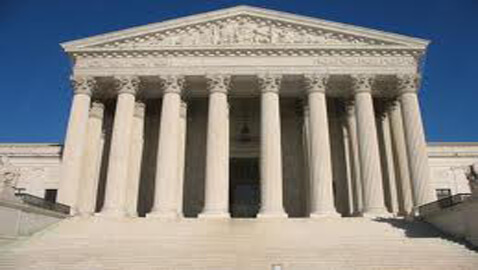
This of course, sits well with the administration in a state where according to a 2007 national survey by the Department of Justice’s Bureau of Justice Statistics surveying three Michigan prisons found prisoners experiencing sexual victimization in 2006-07 ranging from 4.6% to 7.9%.
That boy prisoners are regularly raped with the connivance of prison guards in Michigan has been well documented in a 2003 report by Dave Forbush for the Prison Outreach Project Triangle Foundation. The report documented recordings of comment of male prison guards in Michigan’s Carson City Correctional Facility: “How are we going to f*** with that group of faggot predators today?” “If I didn’t like punishing queers, I would quit my job.” That report also describes the systematic rape and abuse of a boy with the connivance of guards.
In 2006, T. J. Parsell published his book “Fish: A Memoir of a Boy in a Man’s Prison.” Parsell was one of those minors in Michigan who got to see the outside world again. Jailed for holding up a local Photo Mat with a toy gun at the age of 17, Parsell records how, on his first night in prison, four older inmates drugged him and took turns to rape him. Afterwards, they flipped a coin to decide who would “own” him in the world behind Michigan’s prison bars.
No wonder the system wants the juveniles shut up for life.
However, the U.S. Supreme Court, which has been fighting and winning for minors by narrow majorities, is now set to decide in a case involving one T J Tremble whether life imprisonment without parole in case of minors is constitutional. Of recent, the U.S. Supreme Court in Michigan has supported the cause of minors in a series of judgments including a 2005 judgment that held capital punishment for minors unconstitutional, and in 2010 it held juveniles serving life in non-homicide cases as unconstitutional. It is now set to decide whether life without parole for minors is unconstitutional, next week.
There’s no problem in supporting the “If you do the crime, you got to do the time” when it comes to adults. It is also not a problem if some minor who has committed heinous offenses is declared unsuitable to reenter society after proper psychiatric evaluation, and still possessing criminal tendencies that may endanger the society. However, the principle behind “Correctional” facilities is supposed to be reformatory. There’s a gulf of difference in approach between ‘penal’ and ‘correctional.’ In most civilized countries the first approach is for adults and the second for minors and juveniles when meting out sentences.
A life without parole for minors disregards the very differences in human maturity that separates the ages of voting and majority. The constitution admits that the level of maturity of a minor and a major is different when it comes to decision making in finance and votes. How then does the same system hold that a minor’s decision to commit a crime does not differ from an adult’s decision to commit a crime, and there is no chance of the minor of ever changing his or her mental constitution, maturity, and attitudes?






































